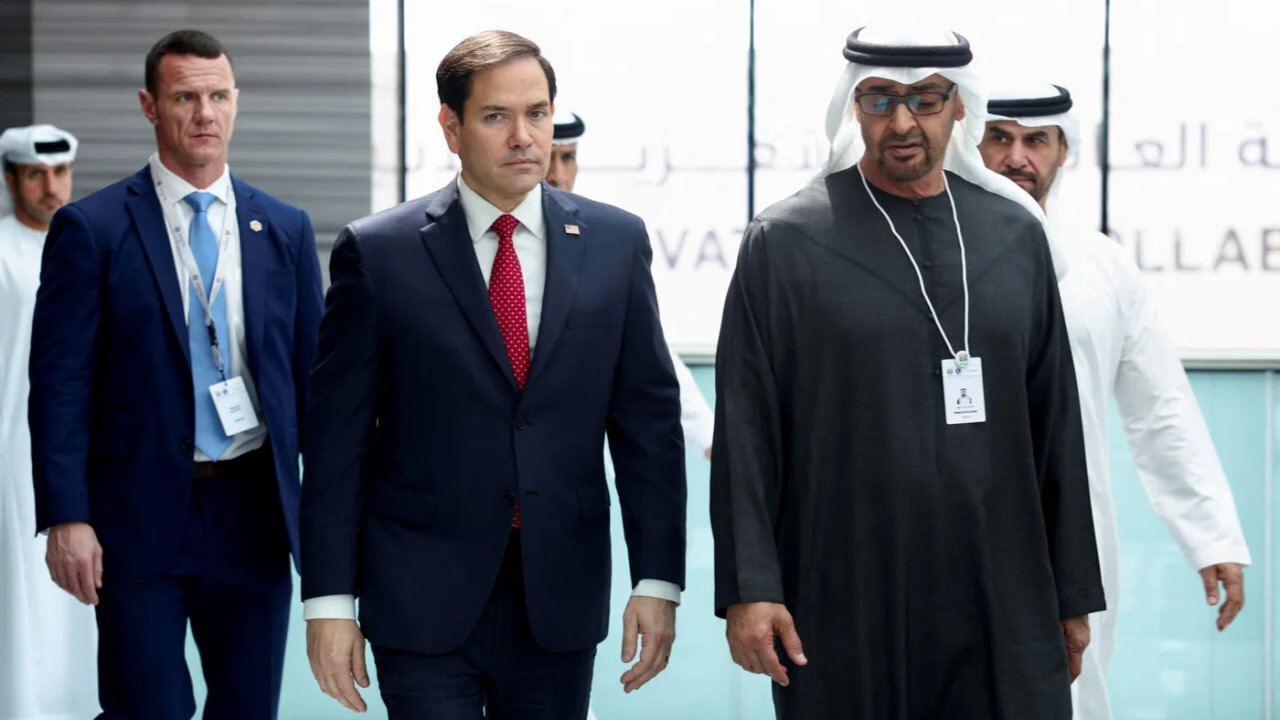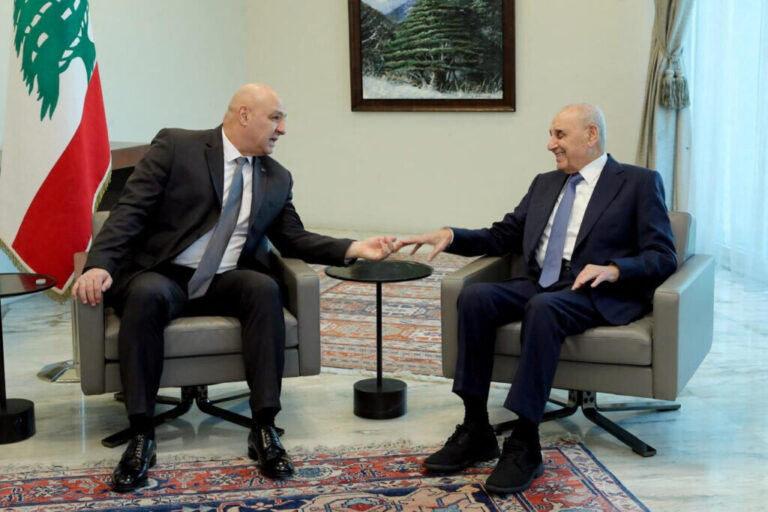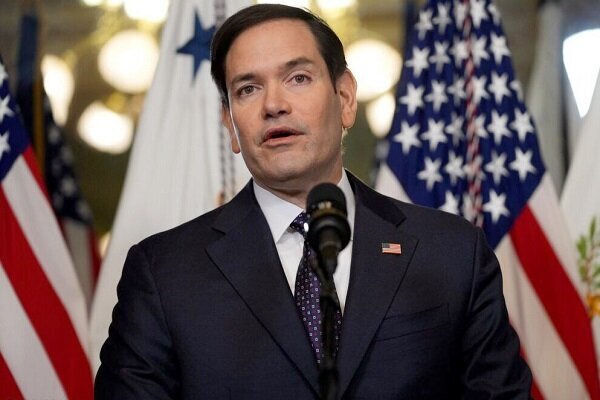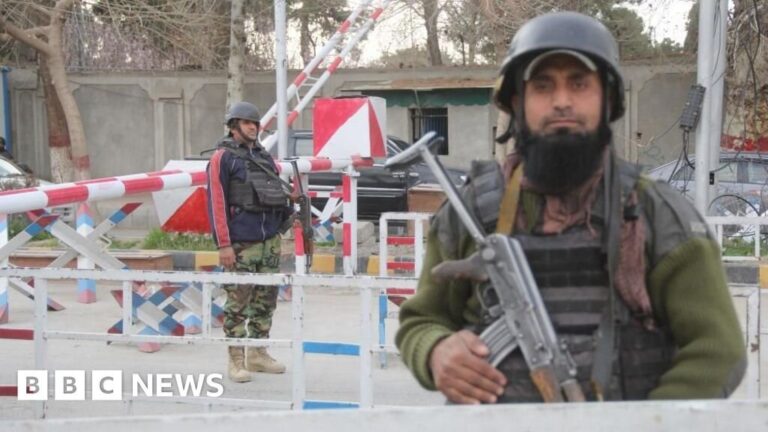UAE President Rejects Trump’s Gaza Displacement Plan in Key Meeting with Senator Rubio
In a significant diplomatic exchange, the President of the United Arab Emirates (UAE), Sheikh Mohammed bin Zayed Al Nahyan, expressed the nation’s firm opposition to the forced displacement of Palestinians during a meeting with U.S. Secretary of State Marco Rubio. This meeting, part of Rubio’s four-day tour of the Middle East, highlighted critical regional issues amidst ongoing tensions.
According to the Emirati state news agency WAM, Sheikh Mohammed reaffirmed the UAE’s steadfast stance against any attempts to displace the Palestinian people from their homeland. This conversation not only addresses humanitarian concerns but also touches upon broader geopolitical strategies in the region.
Rubio’s tour, as reported by Tami Bruce, spokesperson for the U.S. State Department, focuses on:
- Regional cooperation
- Securing the release of American captives
- Advancing the Gaza ceasefire agreement
During the meeting in Abu Dhabi, President Nahyan emphasized the necessity of linking the reconstruction efforts in Gaza to a pathway that leads to a comprehensive and lasting peace, specifically based on a two-state solution. This approach is crucial for ensuring long-term stability in the region.
The UAE’s position on Palestine comes as a surprise to many observers, particularly given its historical ties with Israel. The UAE was the first nation in the Persian Gulf to normalize relations with Israel during the Trump administration, marking a significant shift in diplomatic relations. This normalization included:
- Bilateral agreements on investment
- Tourism initiatives
- Establishment of direct flights
- Security cooperation
- Telecommunications collaborations
In 2021, the UAE also inaugurated its embassy in Tel Aviv, further solidifying its diplomatic relations with Israel. However, the UAE’s recent statements demonstrate its commitment to advocating for Palestinian rights and the importance of addressing their plight amidst ongoing conflicts.
The humanitarian situation in Gaza is dire, with nearly 2.3 million people rendered homeless due to the extensive military operations over the last 16 months. The United Nations Office for the Coordination of Humanitarian Affairs reports that almost all homes in Gaza have suffered damage or complete destruction, underscoring the urgent need for reconstruction and support.
President Nahyan’s stance also poses challenges to previous U.S. proposals regarding Gaza. Initiatives suggested during the Trump administration aimed to transform Gaza into a “Riviera of the Middle East,” involving plans to resettle Palestinians in neighboring countries like Egypt and Jordan. These proposals have sparked significant global condemnation, with many labeling them as forms of “ethnic cleansing.”
In light of these developments, regional leaders from Egypt, Saudi Arabia, Jordan, the UAE, and Qatar are scheduled to convene in Riyadh later this month to discuss the situation and formulate response strategies ahead of an emergency Arab summit in Cairo.
In a statement regarding Rubio’s meeting with President Nahyan, Tami Bruce highlighted the importance of the U.S.-UAE strategic partnership. She stated, “The Secretary conveyed his appreciation for the strength and enduring nature of the relationship, characterized by robust economic ties, defense cooperation, and shared interests in fostering regional stability.”
The discussions also addressed pressing challenges in Gaza, potential avenues for advancing stability in Syria and Lebanon, and strategies to tackle threats to freedom of navigation in the Red Sea. These conversations are crucial as they reflect ongoing efforts to navigate complex geopolitical landscapes in the Middle East.
As the situation continues to evolve, the UAE’s role in advocating for Palestinian rights and its commitment to regional stability will be closely monitored. The outcome of Rubio’s tour and subsequent discussions among Middle Eastern leaders could significantly impact the future of peace initiatives and humanitarian efforts in the region.
For further updates on this developing story, keep an eye on reliable news sources that cover Middle Eastern affairs and international relations.






